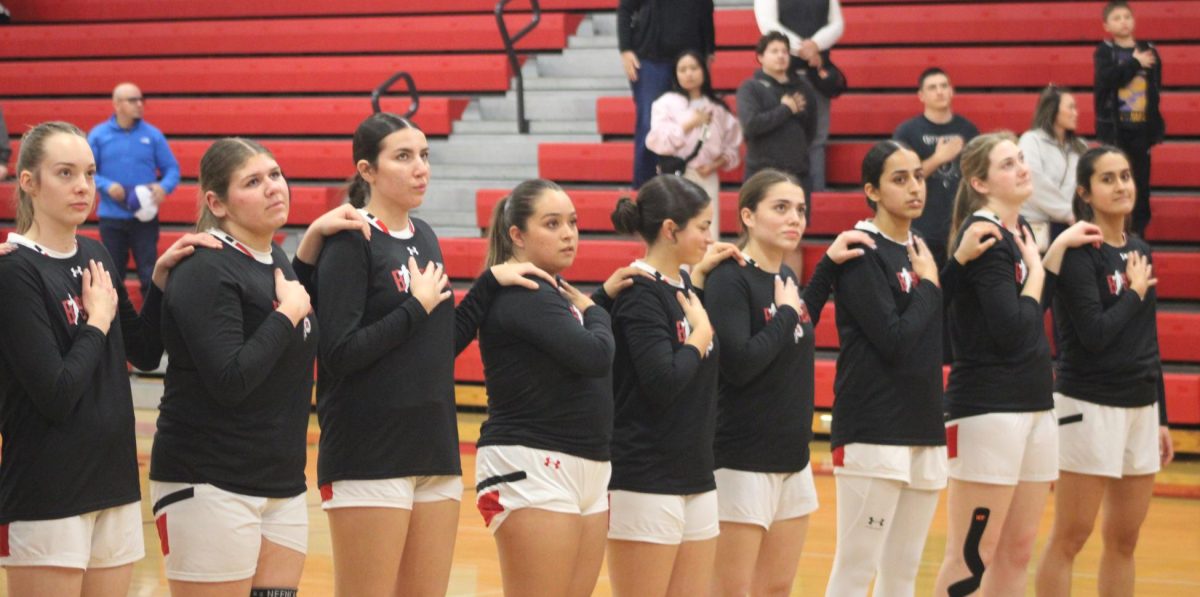In a teengaer’s life, there are many unanswered questions on how to handle the many pressures of living in a teenager’s world. Many of these pressures include eating healthy, obtaining good grades, thriving in sports and other extracurricular activities, and most importantly, receiving the right amount of sleep to grow.
Many students in today’s world want to know the answer to one question. How am I expected to achieve the fullest in my schooling while obtaining the proper amount of sleep for a teenager? The average teenager receives 3.5 hours of homework each night adding up to more than 17 hours a week, not including hours from sports and extracurriculars.
In a recent study done by Stanford Medicine, 87 percent of high school students in the U.S. get far less than the recommended eight to ten hours of sleep each night. Stresses from the day and unfinished business tend to keep students up at least another 30 minutes until they can fall asleep.
Teens reported to the Huffington Post with stress levels of 5.8/10 in the school year compared to a healthy and recommended 3.9/10. Not only are stress levels affecting sleep, but technology is doing it’s damage. The average teenager consumes 7.5 hours of technology a day, cutting into hours they could be getting at night to sleep.
Rafael Pelayo, a psychiatrist in behavioral sciences, said, “…When they enter their high school years, they find themselves at school that typically start early in the day. So their time of sleep is compressed, and many are jolted out of their beds before they are physically or mentally ready.”
William Dement, founder of the Stanford Sleep Disorders Clinic, said, “It’s [sleep deprivation] a huge problem, it means nobody can perform at the level they could perform.” Students at Michigan University found that 75% of the undergraduates were sleep deprived and were unable to perform to the fullest because they could not focus.
Dr. Kyla Wahlstrom documented that when one school in the U.S. started later, the school’s overall GPA was immensely improved, car accidents were reduced, depression, suicide rates, and obesity were greatly decreased. Most importantly, the success rates in schoolwork increased by 15 to 20 percent.
At Ripon High School, the average student gets 6 and a half to 7 hours of sleep each night. While some students get the bed by 10:30, the greater number of students go to sleep around midnight because of extracurriculars and homework. Sydney Vernon, a sophomore, said, “I go to sleep around midnight on school nights because I need to get good grades for myself right now and for my future.”
All studies and polls taken about students and their sleep habits show how the lack of sleep greatly contributes to the loss of a student’s mental, physical, and emotional day to day rituals.
The answer to the question: How am I supposed to achieve the fullest in my schooling while getting the proper amount of sleep? That depends on if teachers, coaches, parents, and others willing to change school hours, homework loads, or help lower stress levels in order for students to achieve the proper amount of sleep for higher success and a healthy body? These are some critical factors that we must consider for the success of our future generation.







